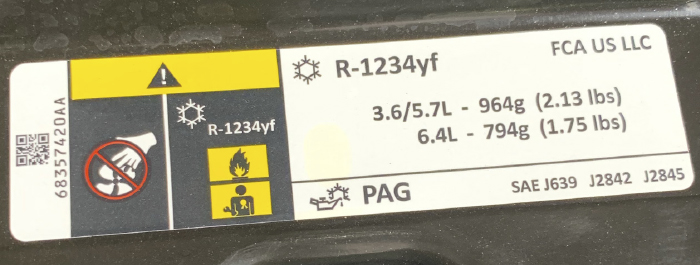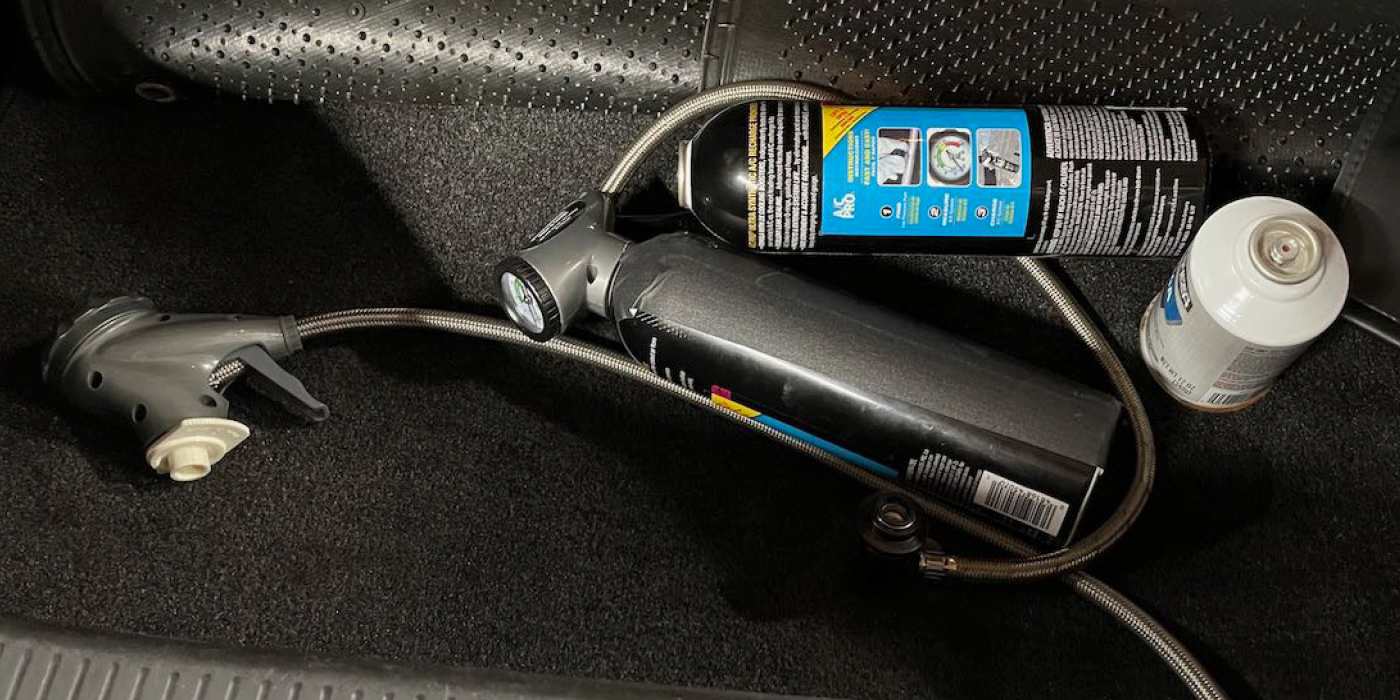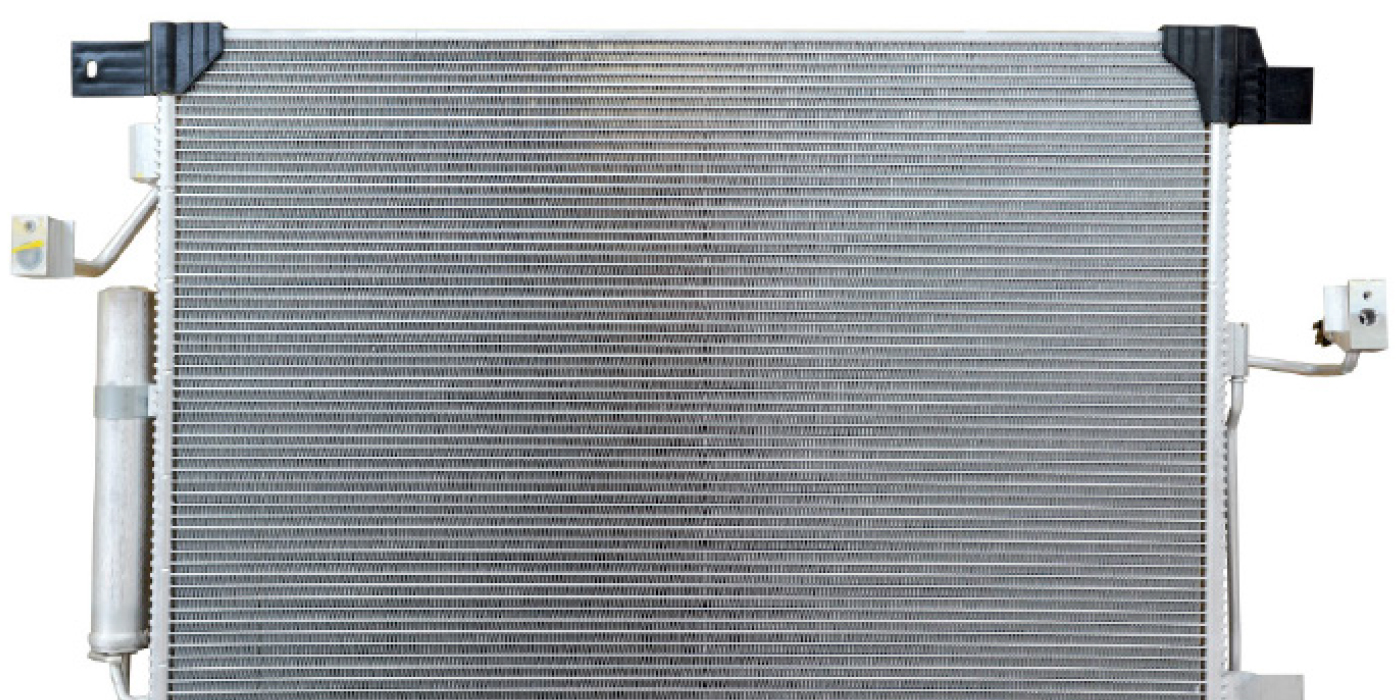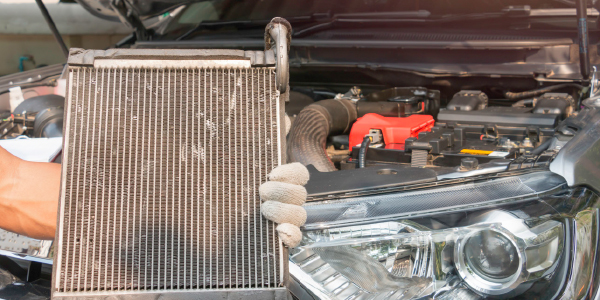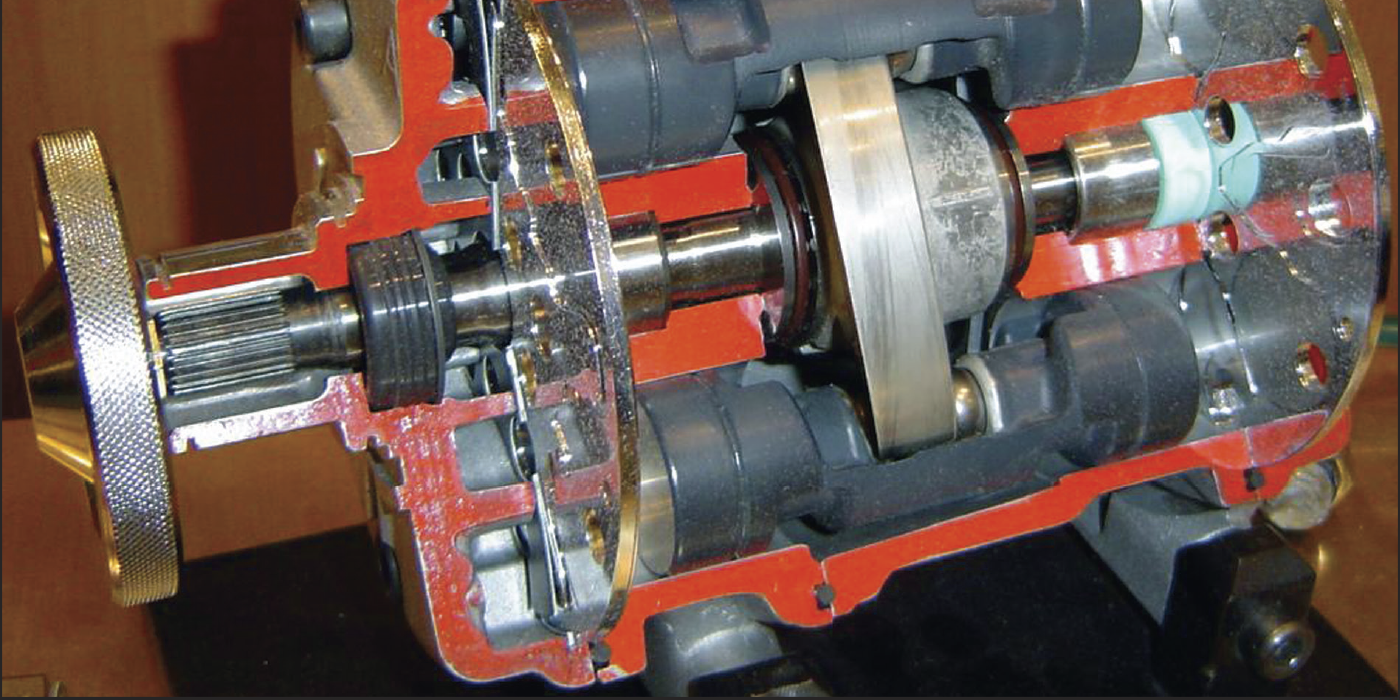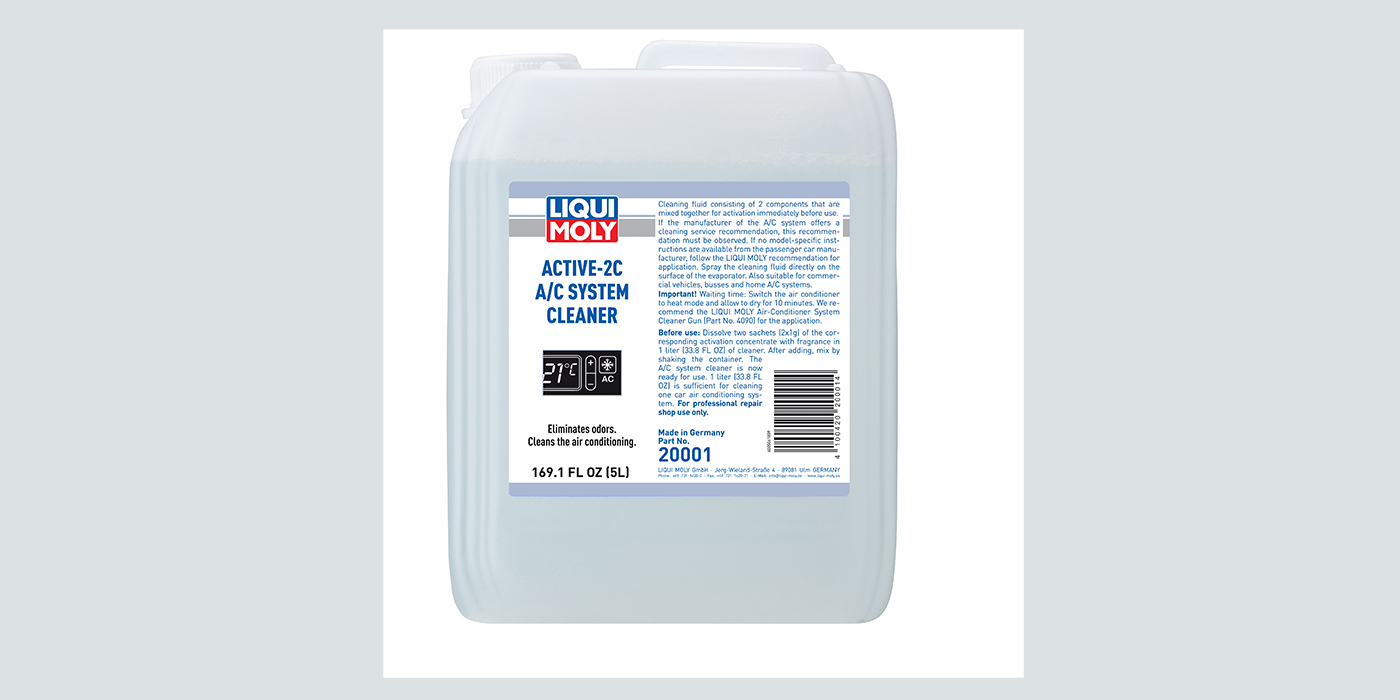In 2012, the EPA rolled out a slow-moving mandate phasing in the use of R1234yf. The benefit of R1234yf is simple. The new refrigerant lasts only 11 days in the atmosphere compared to 13 years for R134a. This is the reason why the EPA is requiring R1234yf to be installed in all new systems by next model year.
At the same time, the EPA introduced a credit system that rated vehicles on their global-warming-potential (GWP). If an auto manufacturer made an early transition to R1234yf, they received a credit that would offset the corporate average fuel economy (CAFE).
One of the early adopters of R1234yf was Chrysler, going all the way back to the 2014 model year. The credits were used to make vehicles like the Dodge Demon and Jeep Trackhawk fit into the overall CAFE numbers.
So, what does this mean for the distribution chain? It is difficult to estimate how many vehicles already have R1234yf due to the phasing in process over the past 10 years – some estimate it is already well over 50 million vehicles. And almost all 2022 vehicles and newer will have R1234yf. It is not a question of if, but when you’ll have to deal with this refrigerant. While working on R1234yf systems is not that different from the R134a variety in operation or theory, identifying the refrigerant and recharging the system has some new twists.
R-1234yf is available in eight-ounce cans and does not require an EPA J609 license to purchase. If a shop is purchasing a 10-lb. cylinder, they will need an EPA 609 certification. The cost of an eight ounce can be in excess of $40 and a 10-lbs can cost between $700 to $800 retail. Prices were predicted to decrease as demand increased, but that has yet to happen.
To handle R1234yf, a shop will need a new recycle and recovery machine. The new machines are able to do two things some older machines could not according to SAE J2843. First, new machines can detect the type of refringent that is in the system and it if is a blend. This is very important because of the price of R1234yf. Second, new machines can test the integrity of a system without wasting refrigerant.
The machine will permit only a 15% charge of R-1234yf to enable the technician to use an electronic detector to pinpoint the leak. The purpose of this test is to ensure that the system is reasonably leak-free prior to a recharge, both for environmental benefit and to avoid wasting the expensive refrigerant.
If your shop is holding out on purchasing an R1234yf recycle/recovery machine, be reminded that a machine can save money by not wasting refringent during system diagnostics and leak checks.
Technicians are being recommended to recertify under the EPA 609 Technician Training Certification Program. This training standard has been updated with new information to ensure that technicians understand the handling and servicing of the new R-1234yf refrigerant.
What is happening with the EPA credits some automakers gained with R1234yf? The program has been extended, but electric vehicle credits will be used to make 800 hp Mustangs, Challengers and Corvettes possible.
Buying R1234yf
The sales restriction is established by EPA regulations (40 CFR Part 82, Subpart F) under Section 608 of the Clean Air Act. Only EPA-certified technicians are allowed to purchase ozone-depleting substances (ODS) or non-ozone depleting substitutes used as refrigerants, with limited exceptions. Refrigerant can only be sold to technicians certified under the Section 608 or Section 609 technician certification programs, where individuals may only purchase refrigerant consistent with the appliances covered by their certification.
The sales restriction covers refrigerants contained in cylinders, cans, or drums, except for the sale of small cans of substitute refrigerants (e.g., R-134a for use in motor vehicle air conditioners). This sales restriction does not cover refrigeration and air-conditioning equipment or components containing refrigerants.
Two types of people can buy refrigerant found acceptable for use in a motor vehicle air conditioner (MVAC). First, technicians who have earned Section 609 Technician Certification. Second, employers of a Section 609 certified technician if the employer provides the refrigerant wholesaler with written evidence that he or she employs at least one properly certified technician.
Purchasers of refrigerants may provide the seller with evidence that they employ a certified technician, such as a copy of the certification card and a list of those authorized to buy refrigerant or accept delivery of refrigerant. For example, an office manager for a company that employs section 608 certified technicians can use the company’s account to purchase refrigerant for the technicians to use.
Small cans of non-exempt MVAC refrigerant (containers designed to hold two pounds or less of refrigerant) that have unique fittings, and self-sealing valves can continue to be sold to persons without certification for DIY use on their vehicles.
The online sale of refrigerant is subject to the same recordkeeping and technician certification verification requirements as in-person refrigerant sales. The online vender must still verify, and maintain documentation indicating that the purchaser is or employs a certified technician.
The EPA prohibits the sale of used refrigerant. EPA recommends that you contact an EPA certified reclaimer or your local refrigerant distributor. Depending on the type and condition of the used refrigerant, some reclaimers may pay you for it.


